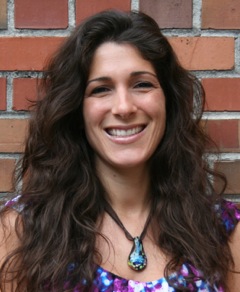COE co-hosts Social Justice Summit
The UF COE co-hosted its 2nd Social Justice Summit: For the Gator Good on Jan. 26-27 on campus. The summit brought together scholars and experts from multiple disciplines, members and advocates of marginalized groups, and other concerned individuals from the university and community to discuss priorities and set aggressive action strategies for eradicating social and racial injustices and biases in the greater Gainesville area.






